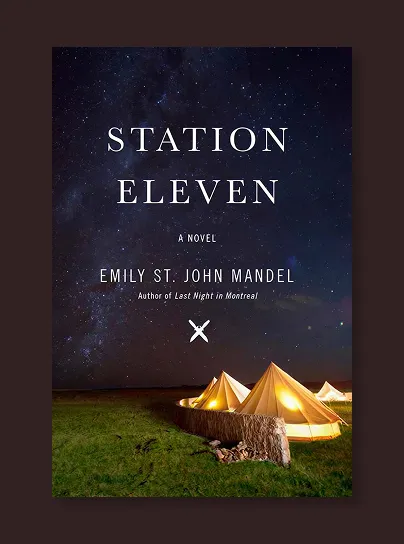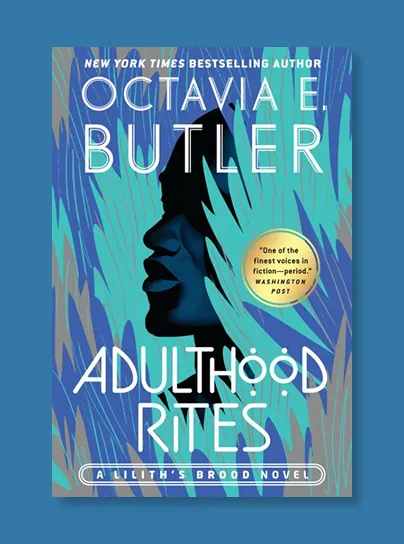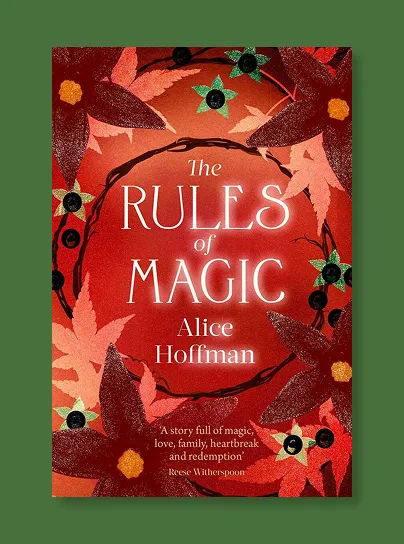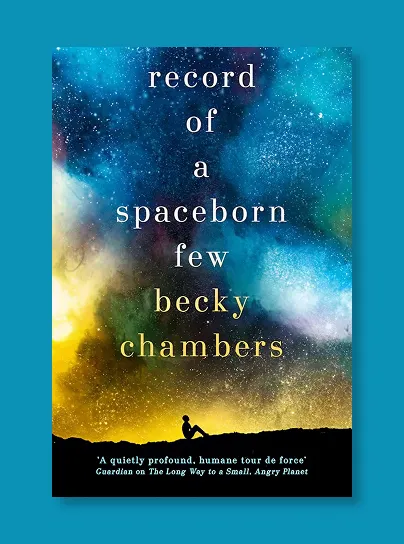
Station Eleven
This Emily St. John Mandel book could easily have been a part 2 of The Sea of Tranquility.
In that one, she uses a super-deadly pandemic as a plot device in one of the sub-plots. In this one, the entire book revolves around it.
90% of the book is set in the times after the virus when time is measured in years away from the disaster, like "Year Ten".
By Day Five Frank was working on his ghostwriting project instead of watching the news, because he said the news was going to drive them both crazy, and by then most of the newscasters weren’t even newscasters, just people who worked for the network and were seemingly unused to being on the other side of the camera, cameramen and administrators speaking haltingly into the lens, and then countries began to go dark, city by city—no news out of Moscow, then no news out of Beijing, then Sydney, London, Paris, etc., social media bristling with hysterical rumours—and the local news became more and more local, stations dropping away one by one, until finally the last channel on air showed only a single shot in a newsroom, station employees taking turns standing before the camera and disseminating whatever information they had, and then one night Jeevan opened his eyes at two a.m. and the newsroom was empty.
What I admire most about this book is how the author weaves the sub-plots together by using a guy who dies in the first act as the warp and weft. The book also gave me a good hint of what life would be like (at least, in America), if the electricity and plumbing stopped. When the world is ending, be sure to keep your musical instruments close.
August believed in the theory of multiple universes. He claimed this was straight-up physics, as he put it, or if not exactly mainstream physics then maybe the outer edge of quantum mechanics, or anyway definitely not just some crackpot theory he’d made up.
“I’m afraid I’ve no idea,” the tuba had said, when Kirsten had asked him for confirmation a few years back. No one had any idea, it turned out.
None of the older Symphony members knew much about science, which was frankly maddening given how much time these people had had to look things up on the Internet before the world ended.
I read this book in just three days, it was really good! The characters are solidly created, the hops around the storytelling timeline are easy to follow, and the story is gripping in the way The Handmaiden’s Tale is - we're just a short step away from that dystopian possibility and that makes it electrifying.



